How Prince Philip Was Connected to the Profumo Affair—and How Anthony Blunt May Have Covered For Him
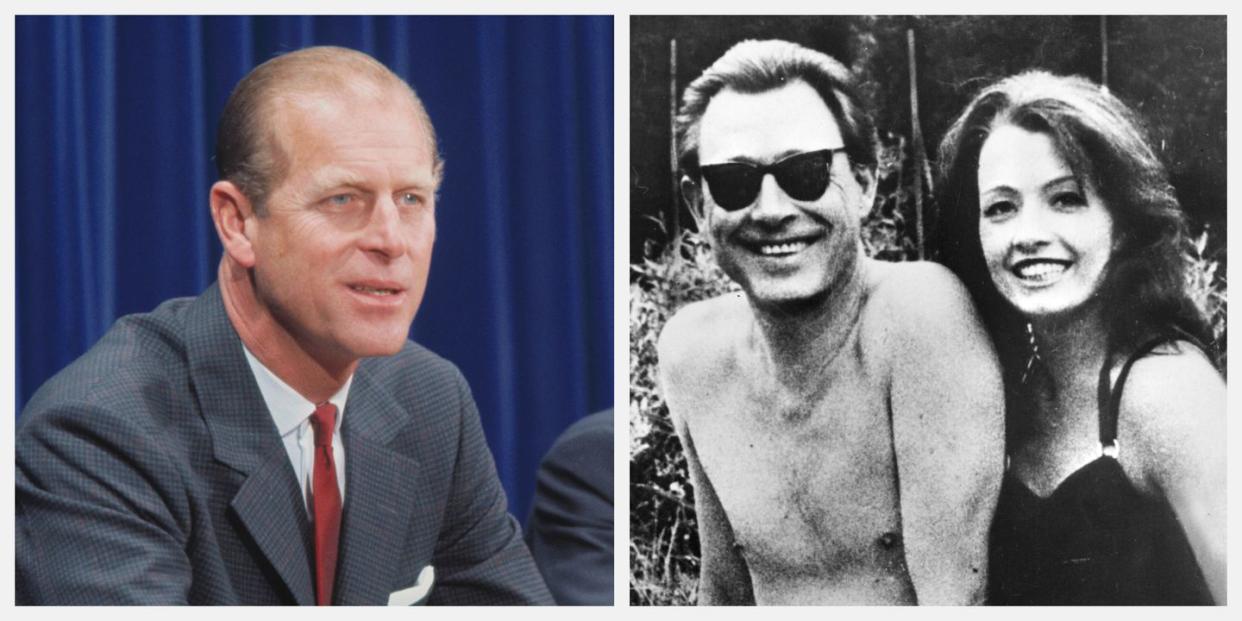
"Hearst Magazines and Yahoo may earn commission or revenue on some items through the links below."
Catching up on previous seasons of The Crown before diving into season five? If you're curious about the Profumo Affair, and how Prince Philip was connected to it, read on:
It was one of the 20th century's biggest political scandals on the other side of the pond, but many Americans have never heard of the infamous Profumo Affair.
The Crown, however, is doing its part to remedy that—first by showing the Affair's fallout at the end of season two, and in season three, having the Queen's art curator, Anthony Blunt, blackmail Prince Philip with some related artworks.
Here's what you should know about the Profumo Affair, and how Prince Philip is (tangentially) connected to it.
The scandal is named for John Profumo, the U.K.'s onetime secretary of state for war.
Profumo had a five-month affair with Christine Keeler, a sex worker and sometimes model, in 1961. This somewhat passé event—a married politician having a fling—would eventually cause the downfall of Prime Minister Harold Macmillan.
(Although, according to MI5 documents declassified in 2017, Profumo had a somewhat unfortunate taste in women. Back in the 1930s, he'd had an affair with a Nazi spy.)
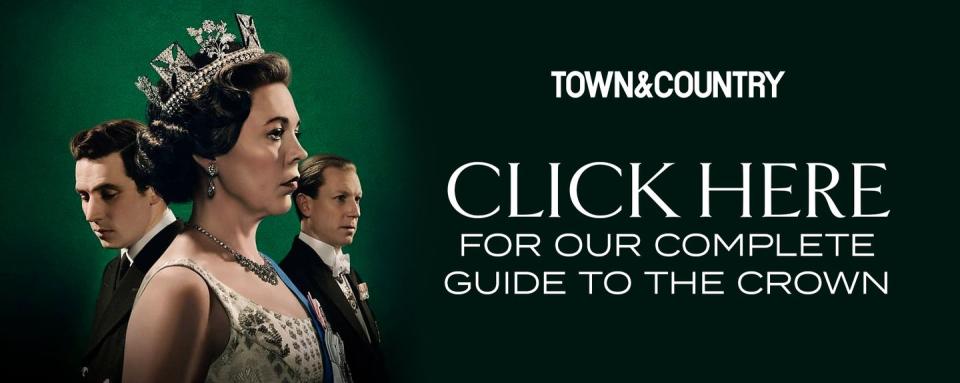
Profumo met Keeler through Stephen Ward.
Ward was a colorful character: by trade, an osteopath, but also a socialite, artist, and—most unfortunate for Profumo—a Soviet ally. He worked alongside Yevgeni Mikhailovitch Ivanov, a Soviet spy working undercover at his country's embassy in London, to extract information from Profumo. (In addition to being a friend of Ward's, Ivanov was also romantically involved with Keeler at the time.)
Later, Ivanov would claim that he managed to photograph some of Profumo's secret documents, among other acts of espionage. But it was Ward's prodding of Keeler to procure secrets from Profumo that would prove the most scandalous.
According to the Times, a spy inside the KGB wrote at the time that "the Russians had in fact received a lot of useful information from Profumo from Christine Keeler, with whom Ivanov had established contact, and in whose apartment Ivanov had even been able to lay on eavesdropping operations at appropriate times."
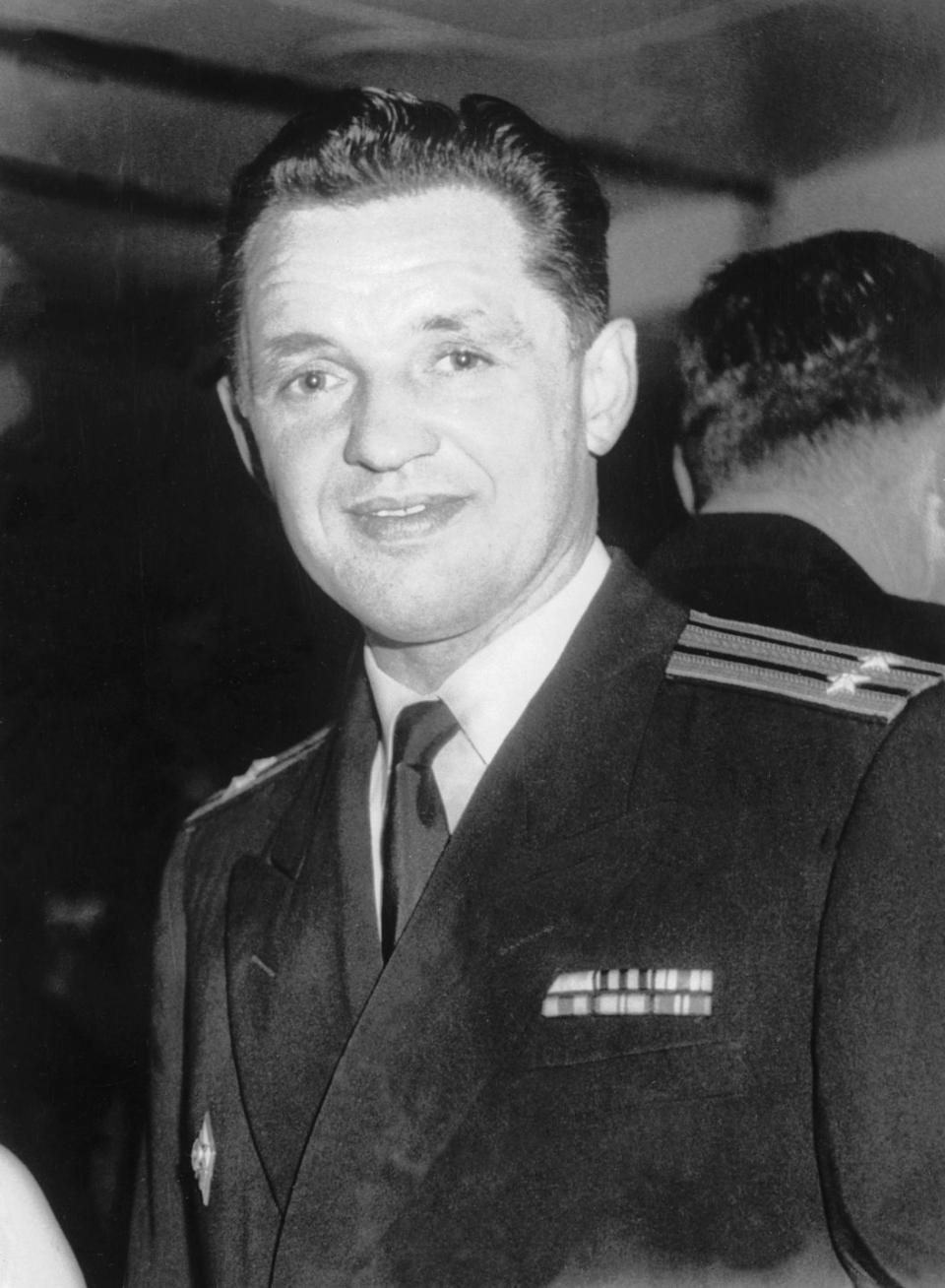
Profumo first denied his involvement with Keeler, but ultimately came clean.
The politician went before the House of Commons to deny the reports of his affair, to little effect. Only a few months later, in June 1963, he felt he had no option but to step down from his post. "I said that there had been no impropriety," Profumo wrote in his letter of resignation, per the New York Times. "To my very deep regret I have to admit that this was not true."
Harold Macmillan, the Prime Minister in whose cabinet Profumo had served, would resign later that year. The Profumo Affair is considered to have contributed largely to this.
Keeler served six months in prison for perjury and obstruction of justice. Ward was charged with "living off immoral earnings," but committed suicide in August 1963, before the trial had ended.
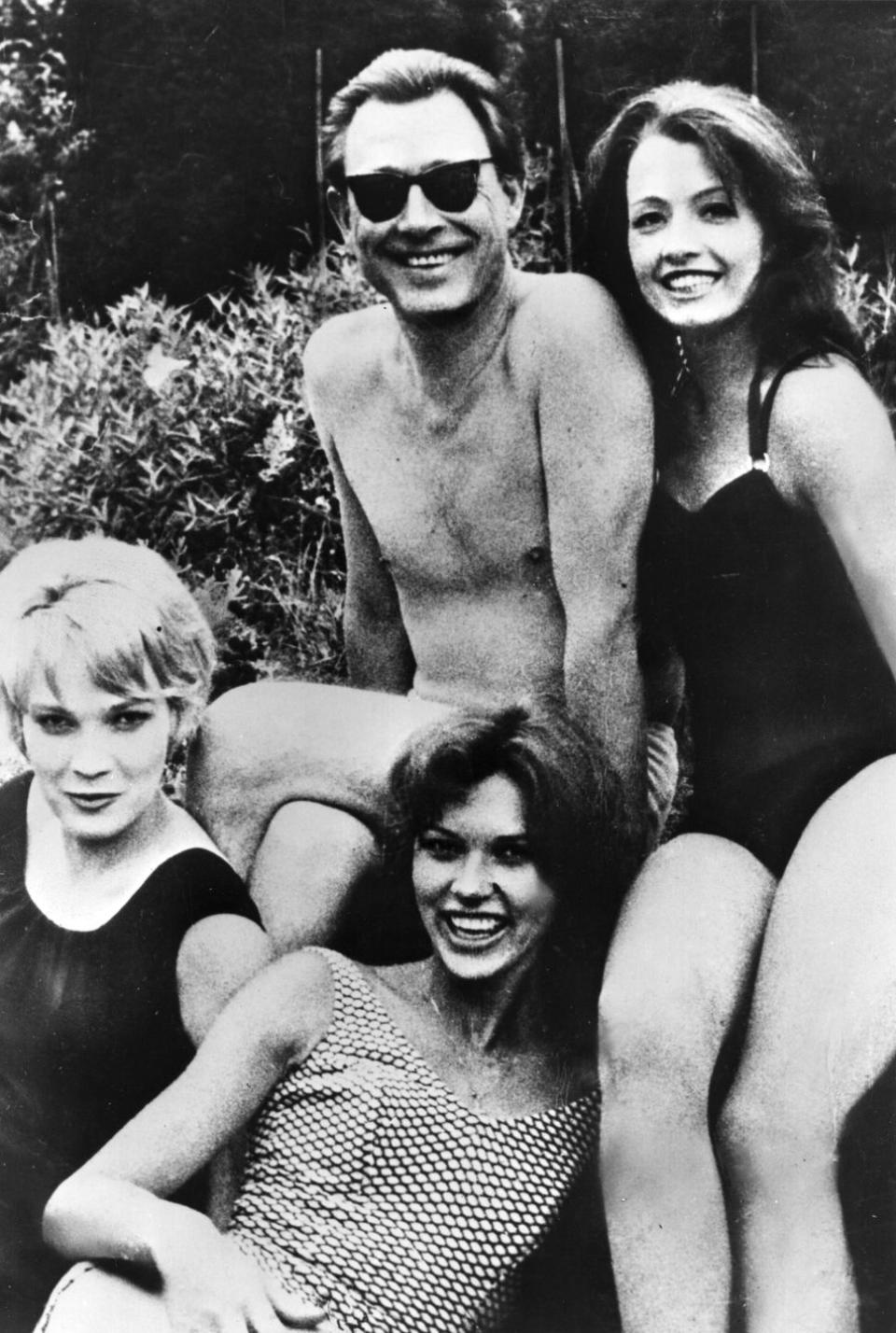
It eventually came out that the British intelligence services were aware of the affair.
MI5, it turned out, had at one point hoped to turn Ward into a double agent, hoping he would be able to use Keeler to get information on Ivanov. MI6, too, had apparently been aware of their relationship.
The royals were connected to the scandal through Ward.
Prince Philip was a friend—or at least an acquaintance—of Ward's. (Clive Irving, who was working at the Sunday Times as the Profumo Affair unfolded, wrote in the Daily Beast that Ward was a member of the notorious Thursday Club, which Philip cofounded with Lieutenant Commander Michael Parker.)
And memorably, to fund his trial expenses, Ward put some of his artwork up for sale, including his portraits of Prince Philip, Princess Margaret, and her husband Lord Snowdon, the New York Times reported in 1963; however, these portraits of royalty were a part of a series, assigned to Ward by a magazine. No further evidence tying Philip (or Margaret) to the scandal has emerged in the decades since.
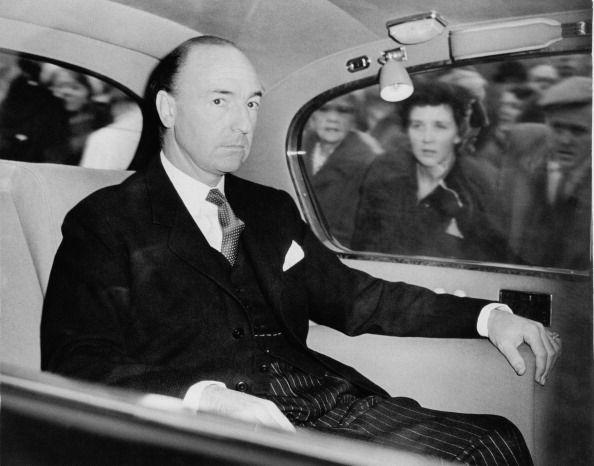
There is some evidence that Anthony Blunt bought the portraits to save the royals' reputations.
At the end of The Crown's first episode of season three, Prince Philip tries to castigate Anthony Blunt for betraying his country. Blunt, however, turns the tables on Philip, threatening to release evidence of his connection to the Profumo Affair if Philip crosses him. This outlandish scene, it turns out, is loosely based on some historians' conjectures.
In her biography of Blunt, Anthony Blunt: His Lives, Miranda Carter notes that in 1963, the art historian may have stepped out of his semi-retirement to help the royal family out of a bind. (Blunt had been the Surveyor of the Queen's Pictures—and the King's before that—for years before stepping down.)
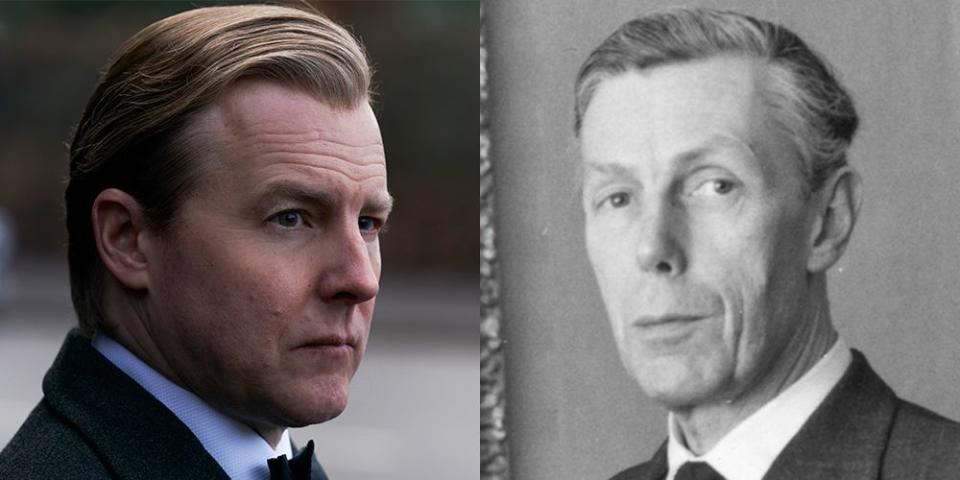
Carter cites Sarah Bradford's biography of the Queen, Elizabeth, saying that Blunt "apparently quietly acted on behalf of the royal family to purchase a series of drawings that Stephen Ward... had made of the Duke of Edinburgh."
Other historians dispute this, however. "I think they were clearly snapped up, but I don't think it was Blunt," Andrew Lownie, the author of Stalin's Englishmen, told Town & Country. "I've never seen a connection between Blunt and Steven Ward."
Interestingly, Keeler would claim in her memoir, The Truth at Last, that Ward was Blunt's Soviet controller. Although Blunt would indeed be exposed as a spy, Carter dismisses the story that Keeler "most improbably" claimed.
You Might Also Like

